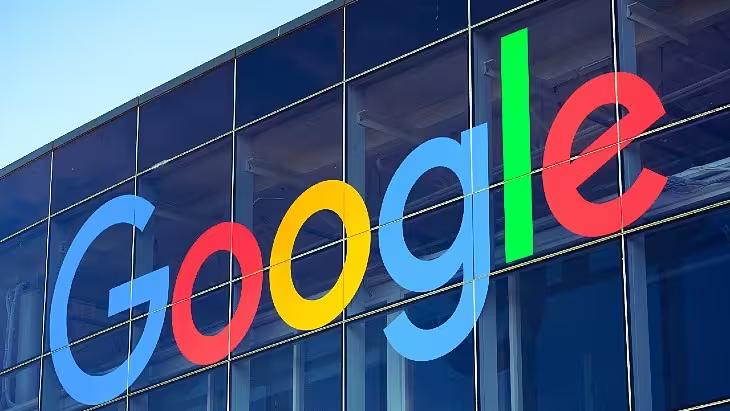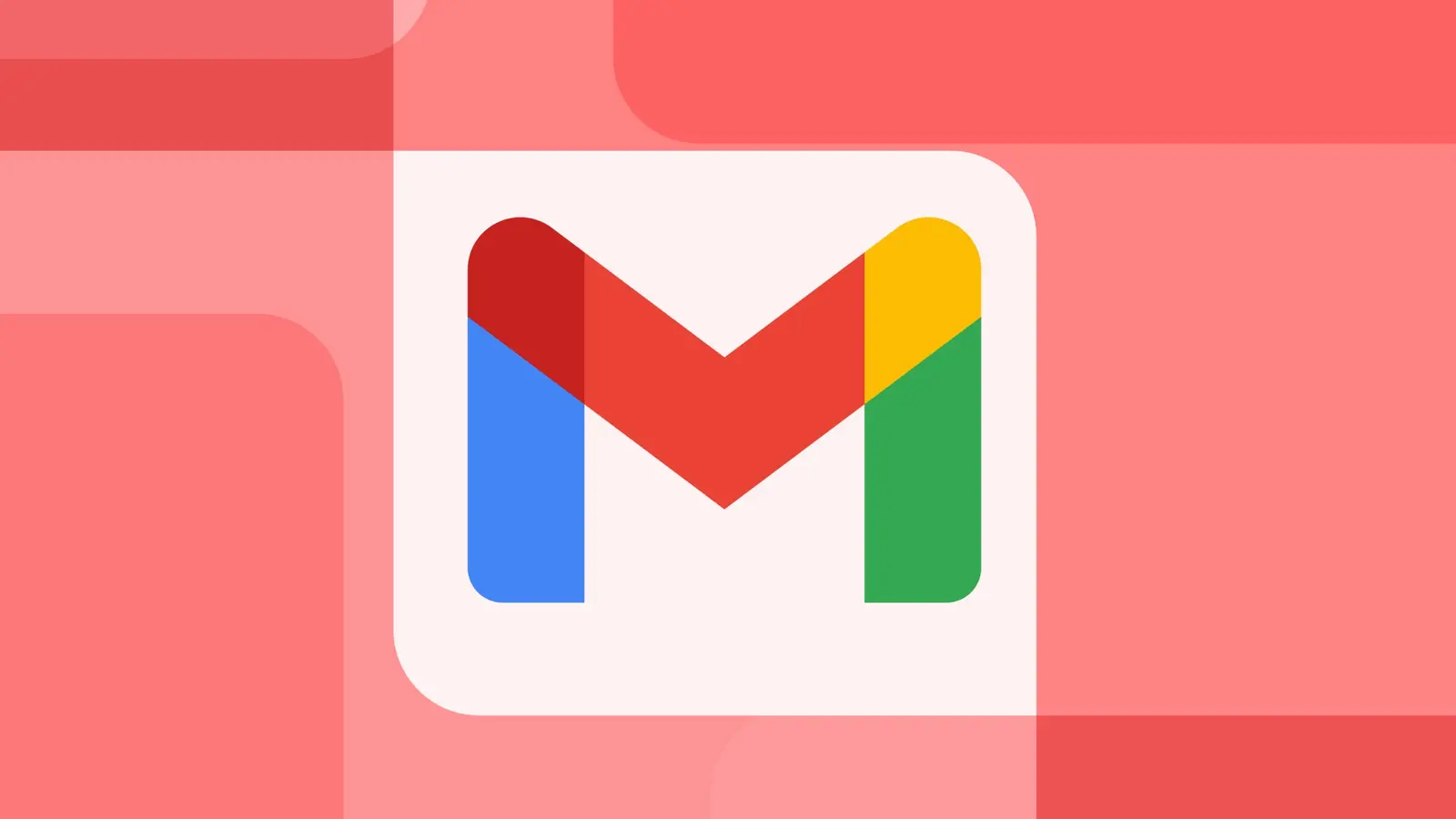3 Minutes
Google is facing renewed privacy concerns after viral posts suggested the company was secretly using Gmail messages to train its Gemini AI models. The claims spread quickly, stoking anxiety about whether emails and attachments are being mined for AI development — a charge Google strongly denies.
What set off the backlash?
The controversy began after a Malwarebytes blog post interpreted a policy change as permission for Google to use Gmail content to train Gemini. Screenshots shared on social media showed "smart features" like predictive text and calendar integrations enabled by default. Some users even reported these features being re-enabled after they had been turned off, which amplified the alarm.
Google pushes back: personalization ≠ training
Google responded quickly. "These reports are misleading. We have not changed anyone's settings, Gmail Smart Features have existed for many years, and we do not use your Gmail content for training our Gemini AI model," spokesperson Jenny Thomson told The Verge. The company says personalization features and model training are separate processes.

How Gmail's smart features actually work
Tools such as Smart Compose, flight-tracking prompts, and automatic sorting are designed to personalize your Gmail experience. According to Google, these features rely on localized analysis and your Workspace data to tailor features across apps — not to feed global AI training datasets. In short: enabling smart features helps Google customize services for you, but it does not mean your emails are being harvested to train Gemini.
Legal pressure and a trust problem
Despite Google's denials, the episode has escalated into legal action. A class-action lawsuit filed this month alleges Google allowed Gemini access to content from Gmail, Chat, and Meet — an accusation the company rejects. With Gemini 3 positioned as Google’s most capable model yet, the debate about where personalization ends and data exploitation begins is only intensifying.
Why this matters to users
People are more privacy-aware than ever. When automated features change behavior or appear to flip back on, it feeds suspicion and erodes trust. The episode is a reminder to review privacy settings and understand what each toggle does. Ask: are you enabling features that improve convenience, or are you inadvertently broadening data sharing?
A small but notable update: Pixel 10 gains AirDrop-style sharing
In a separate move, Google added a practical feature for Pixel 10 owners: direct file sharing with iPhones, iPads, and Macs via AirDrop compatibility. Transfers are now faster and require no extra apps or setup — a usability win even as the company navigates thorny privacy questions.
As AI becomes woven into everyday tools, clarity and communication will matter as much as technical safeguards. Users expect both seamless features and transparent boundaries around their data.
Source: gizmochina


Leave a Comment